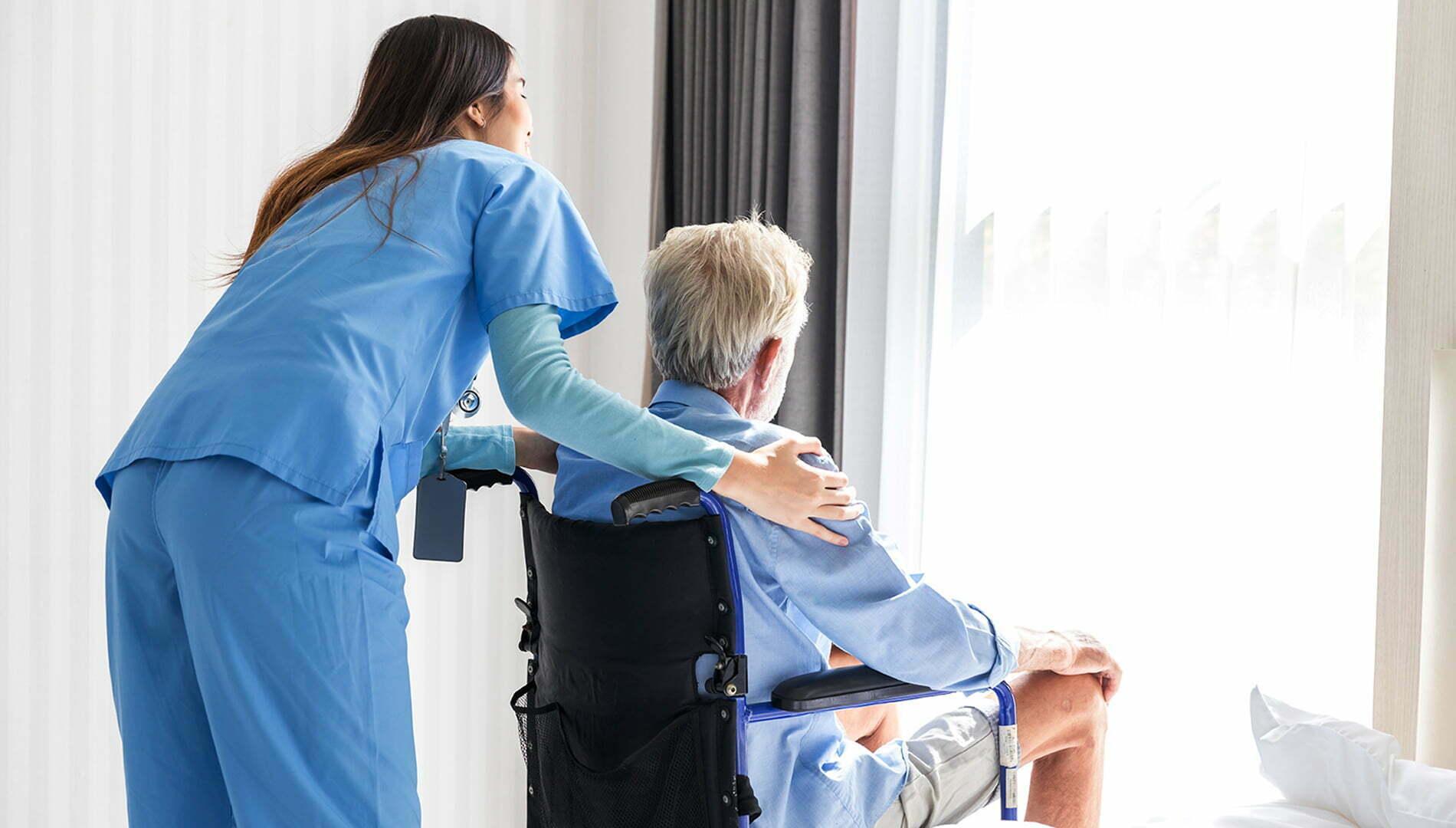Our team at Serious Injury Law Ltd are recommended as a Top Tier firm by the Legal 500 and work exclusively with clients who have serious injuries. Over the last 30 years, we have dealt with some of the UK’s largest and most complex serious injury cases and our work has given us great insight into the risks cyclists face as vulnerable road users. Cycling has become even more popular as a result of the Covid-19 pandemic. This informative article describes four ways cycling makes our communities healthier and illustrates why the recent increase in cycling is one real positive coming out of the global crisis.
This time last year there was little indication of what was lurking on the horizon. But now, almost a year since we started to grow anxious about this seemingly faraway virus, our day to day lives look very different. The COVID-19 crisis has thrust the matter of good air quality into the limelight and has changed people’s transport behaviours dramatically. This has meant large reductions in long haul air travel and public transport, but a significant growth of those using cycling as a primary mode of transport, especially here in the UK.
Eventually though, and with the announcement and roll-out of promising vaccines, lockdowns and travel restrictions will begin to be lifted and normal life will begin to resume. However, there are many lessons to be learned from this crisis, one of which is our transport behaviours. In this article we look at one of these lessons, the fact that cycling makes our communities healthier.
More people on bikes results in a fit, healthy community
The pandemic has changed people’s lifestyles worldwide. Almost immediately there was a huge demand for bikes as people became less trustworthy of public transport for fear of catching the virus. This demand has led to a cycling boom here in the UK. The cycle-to-work scheme saw a 200% increase in bicycle orders from people working for emergency services, and overall it was reported in April that UK sales of bikes were up 60%.
The UK has the lowest healthy life expectancy in Western Europe, and our obesity crisis is helping to fuel COVID-19 deaths. But, with more people on bikes hopefully this trend can be reversed. Riding a bike, and the freedom that activity offers, helps to improve both a rider’s physical and mental health. As our communities become more in tune with this idea, they will become fitter and healthier.
Better air quality
One thing that has been brought sharply into view thanks to the coronavirus pandemic is our collective attitude towards air pollution. A study from the European Society of Cardiology has estimated that exposure to air pollution increases COVID-19 deaths by 15% worldwide. Data for Europe makes for even grimmer reading as the proportion was about 19%. There is no doubt, then, that long term exposure to air pollution is linked to an increased risk of dying from this type of virus.
During lockdown our cities air quality did improve, thanks in part to more people cycling and a general decline in commuting.
We can take the lead from our European neighbours too. It is estimated that in the Netherlands, where bikes outnumber people, the Dutch cycle so much that it is the equivalent to planting 54 million trees a year. There are many lessons that can be learned from the pandemic but this one is arguably the most important. If our communities’ cycle and exercise more and cut down the use of cars, our air quality will improve and make our cities healthier and safer.
Cycling is good for small business
It isn’t just general health that the aforementioned bike boom is improving, local businesses have also felt the positive effects. None more so than the humble bicycle shop. These have reported big business during the lockdown period as they have been making many sales and been doing maintenance and repairs. As a result, they are some of the most thriving local businesses in lockdown.
That also has had a knock-on effect and it isn’t just bike shops that are benefiting from the cycling boom. As reported in this article by This is Money, local businesses such as those who make functional bags for bikes, have also seen an increase in turnover. This trend could potentially migrate across the board. Clothes, kit, food, there is no end to what us cyclists need. Anecdotally, many local businesses are reporting reduced traffic and the pedestrianisation of roads near their stores having increased footfall and sales during the pandemic.
Making our cities and towns greener
For a long time now, countries like Denmark and the Netherlands have been held up as exemplary cycling countries. This is due to their brilliant cycling infrastructure and bike-first culture. As a result, they have a better standard of living and greener cities.
Now is the time for our cities to not just praise these countries but follow their lead. Pre-lockdown our cities were choking in pollution thanks to our country’s reliance on cars and lorries. Safe, well-planned, well-integrated cycling infrastructure will allow more people to pick up a bike and ride to work, school, the shops etc. As a result, air quality will slowly improve, and our cities will become greener.
With so many new cyclists on the roads of Britain it is now time for those in charge of town and city infrastructure to play their part. This way, as cycling becomes more accessible, our communities will become healthier and our cities greener. Instead of going back to a gas guzzling, pollution emitting fuelled country we should focus on the ways in which we can prevent future crises.
We wish all cyclists safe travels. However, if you or any of your family or friends are involved in an accident and require legal assistance, please do not hesitate to contact the team at Serious Injury Law Ltd. We can also be contacted on 03300580377 for a free, confidential, conversation with an experienced serious injury solicitor. Alternatively, please send us your contact details to enquiry@seriouslaw.co.uk and we’ll call you back or feel free to join the discussion.











